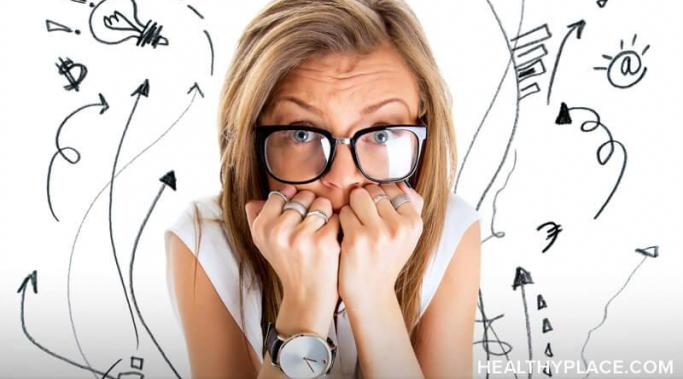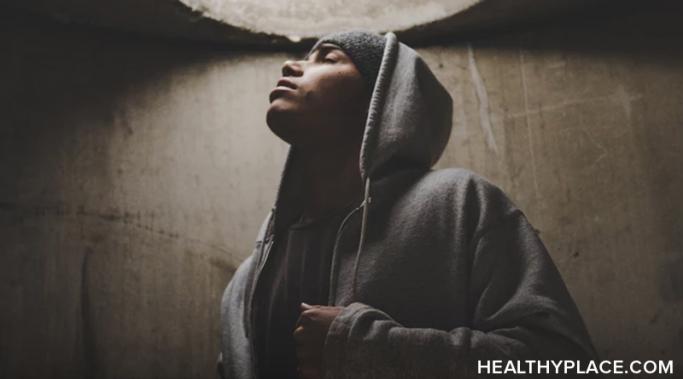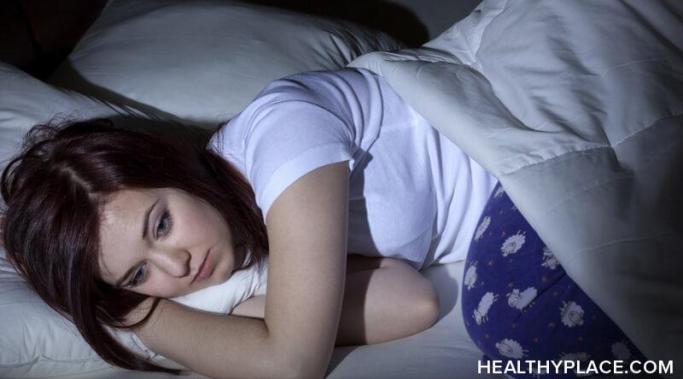Blogs
As an anxious person, I have found that decision-making with anxiety can be very challenging. As a matter of fact, decision-making can seem like a daunting task, regardless of how major or minor the decision may be.
Like mental health in general, self-harm is surrounded by harmful stereotypes that perpetuate the feelings of fear, guilt, and shame. We can only bust these self-harm myths by educating one another and by spreading awareness about self-injury.
Although mental health stigma and its impacts are often compartmentalized into specific moments or situations, the fear of mental health stigma has an impact on day-to-day life. It affects the way we carry ourselves and the way we navigate our days, and recognizing this can help garner a better understanding of stigma's impact.
I have bipolar disorder, but I'm not a bipolar survivor. I am a psych patient, but I'm not a psych patient survivor. Which is to say that I am surviving a life as both, but I don't feel the need to take the word "survivor" as my own. I find tacking the word "survivor" after everything unnecessary and clunky. It strikes me as being a cry for external validation that I just don't require. I'm not a "bipolar survivor" or "psych patient survivor" and that's okay.
Some patients who have just been diagnosed with a mood disorder prefer to see a therapist over a psychiatrist or vice versa. However, even though they have differences, both can be beneficial for effective treatment. This blog post will explore their differences and the benefits of seeing a therapist and a psychiatrist.
I like to look for the good in bad situations. You know, in the darkness, I look for the stars--that kind of thing. But I’ve been missing, for decades, one really positive thing that came out of my schizoaffective psychotic episode at the start of my illness in 1998 when I was only 19 years old.
Dreams mean many things to many people. Some remind us of memories, whether recent or long-buried; others reflect our hopes and fears about the present or the future. But what do dreams about self-harm mean?
If you live with any amount of anxiety, chances are you don't think of it as beneficial. After all, anxiety has many unpleasant symptoms and negatively impacts our entire being--thoughts, emotions, bodily sensations, and behaviors. Anxiety most definitely gets in the way of our ability to create and live our lives. Yet anxiety offers some positives and in some ways can be an asset to our lives. Here are three surprising benefits of anxiety to consider so you can use this nuisance to your advantage.
Overthinking is often held responsible for causing anxiety and vice versa, and it should be. However, I recently realized that overthinking and depression can be problematic too.
I’m sure I’m not the only one who feels an almost permanent sense of inferiority because of my anxiety; if I were to guess, I’d say that’s common across the board for the mentally ill. That sense of inferiority often makes me feel like a hypocrite. After all, on this very blog, I have, from the very beginning, been a vocal proponent for more acceptance towards the mentally ill, both in terms of society at large and among the mentally ill themselves. This sense of inferiority would suggest that I still see myself as somewhat lesser than my mentally healthy counterparts, and there is truth to that. In this blog, I want to explore this in a bit more detail.









